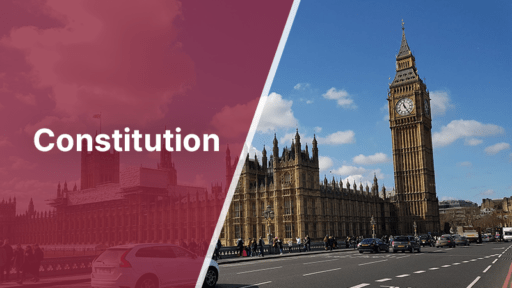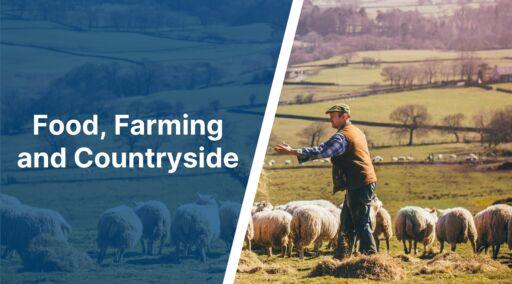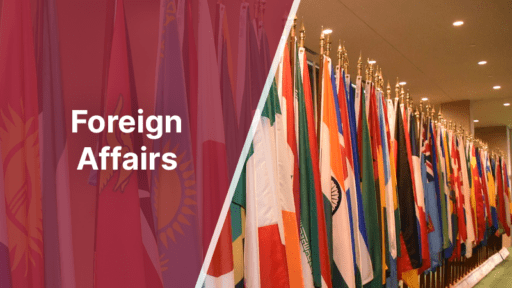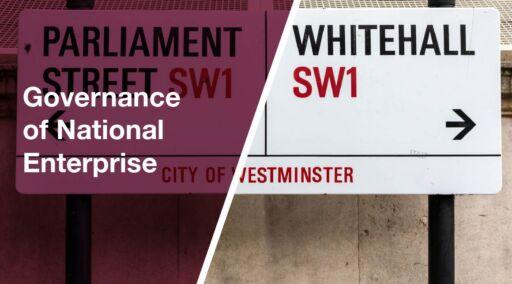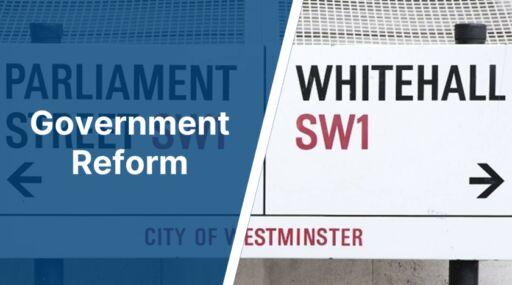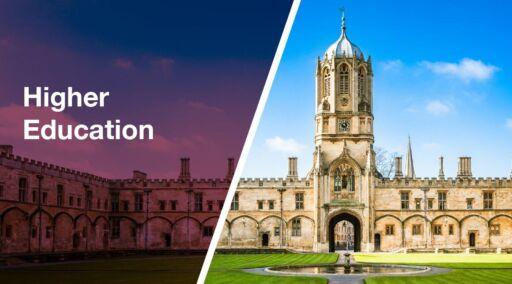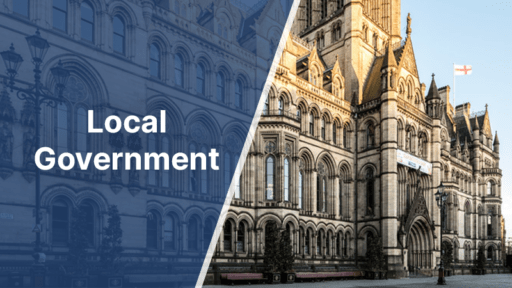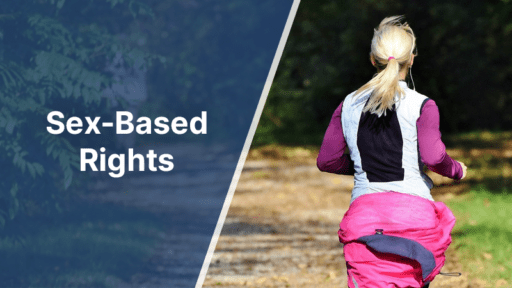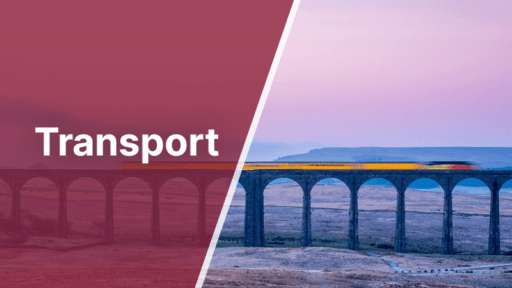POLICY PLEDGES:
- In the interests of Britain’s community relations and the survival of our hard-won welfare state we will vigorously resist the idea of ‘open borders’. Britain’s immigration policy must be skills-based, needs-based, legal and subject to democratic control.
- We will withdraw from the 1951 UN refugee convention, the ECHR and all other international instruments which deny UK border sovereignty. We will promote a new set of international agreements on refugee rights which are fit for purpose, protect genuine refugees and do not facilitate people trafficking and illegality.
- We will reduce net migration to 50,000 per annum and promote a generation long ‘mass immigration pause’ in the interests of integration and social cohesion. Agreements between key strategic partners may result in selective exemptions if clearly in the national interest.
- All unsolicited asylum applications via breaches of the UK border will be declined. They will result in immediate repatriation or detention offshore within British Overseas Territories until repatriation can be arranged. The UK will contribute to humanitarian resettlement of genuine refugees by offering 20,000 refugee visas annually to carefully vetted families with children in UN refugee camps or near major conflict zones.
- A foreign spouse of a UK citizen will not qualify for UK residence if there is evidence that the marriage was entered into primarily to obtain admission to the UK. He or she must also demonstrate good-quality spoken and written English. Family visas will be offered only to direct lineal ancestors or descendants of UK citizens.
- No person will be offered UK citizenship unless they have spent 7 years resident in the UK with ‘probationary leave to remain’ (PLR) status. While on PLR any indictable offence committed or any act considered materially hostile to Britain’s social peace will result in prompt deportation after a single review by a specialist tribunal.
- Study visas will be cut by half to approximately 250,000 per annum and only allocated to students with places at accredited universities and colleges. Work visas will be restricted to those with specifically required skills and sponsored by employers with a strong record as payers of UK corporate tax. Employers of illegal immigrants or people without a valid work permit will be liable to fines of up to £100,000 per employee concerned, or £1m and criminal penalties where the offence is knowing and systematic.
- People who have been resident in the UK unlawfully for more than five years before this policy comes into effect will be offered PLR status if they come forward in a defined period and can show evidence of a settled family life in the UK.
- Exit checks at all UK points of departure will be reinstated and matched with visa entry data to ensure that overstay is tracked and prevented.




